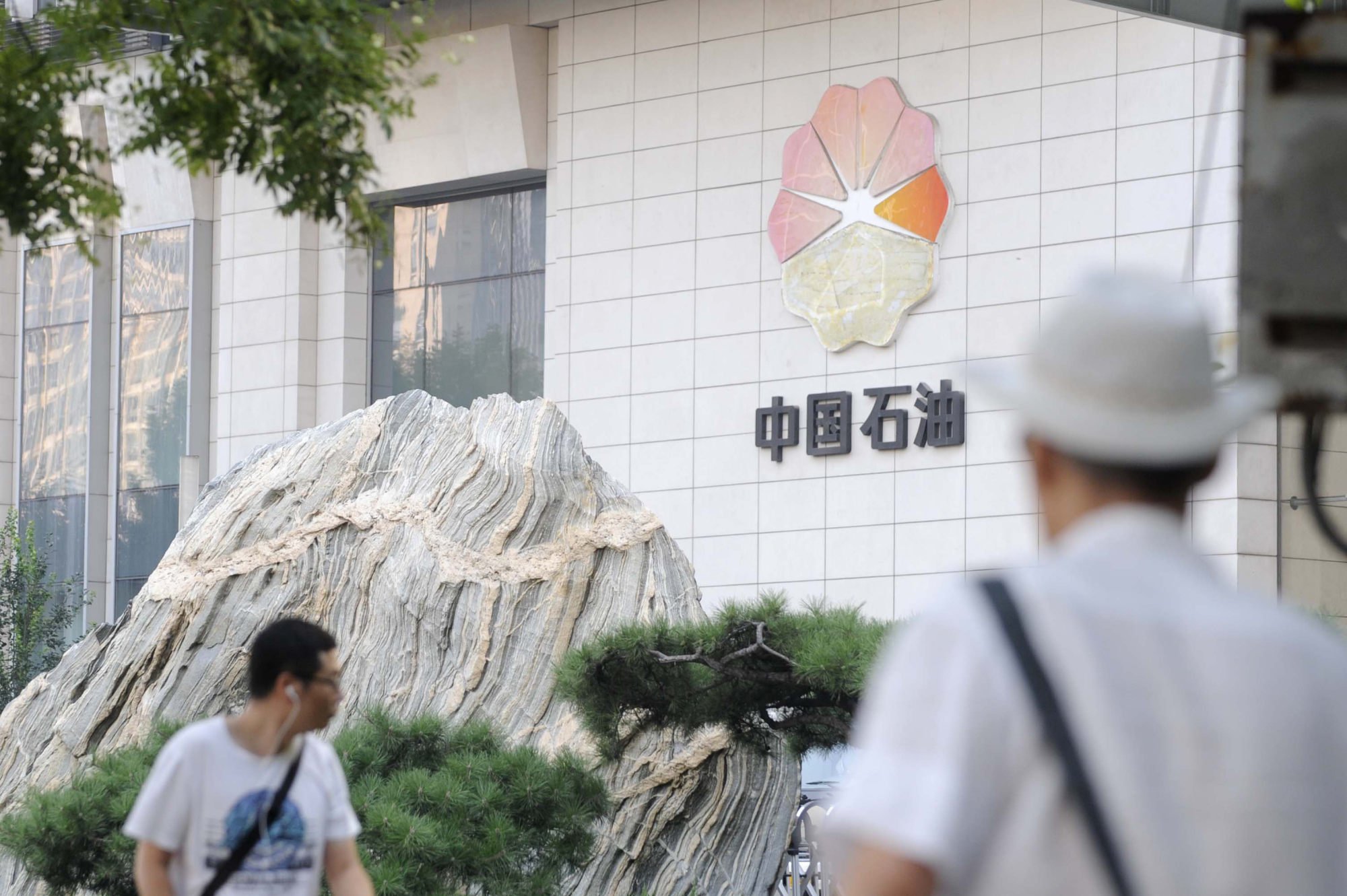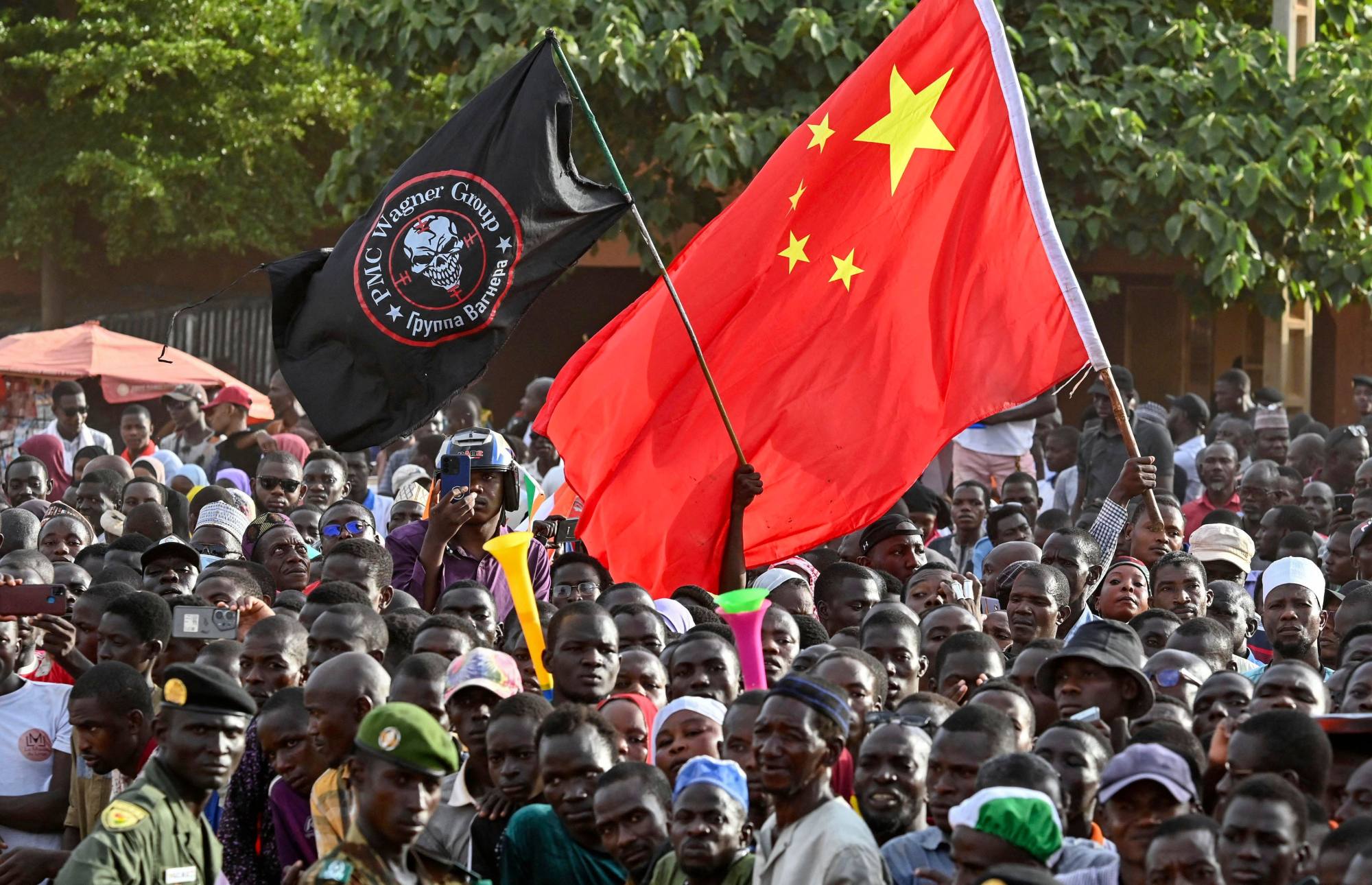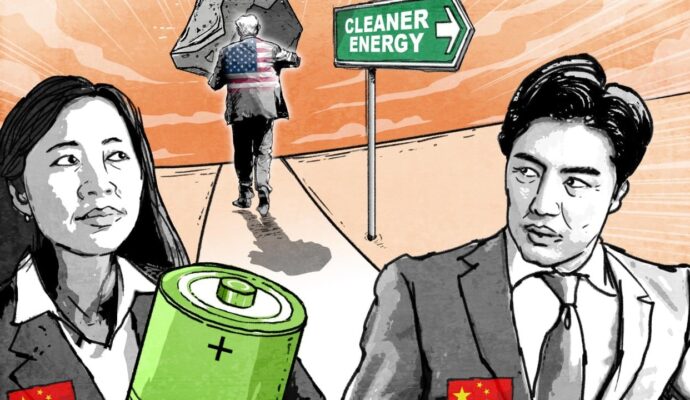“China is a great friend for Niger, we can never say it enough,” Zeine said. “It must be remembered since the beginning of this great oil adventure, China has always been at the side of our country and today it is proven that at such crucial moments, we could obviously manage to request an advance, these are Niger’s rights, and we will give ourselves all the means to repay them.”

“This signature demonstrates the friendship … and fruitful cooperation between the two states,” said Jiang.
Resource-backed deals of this type are extremely popular with Chinese lenders, but critics say they increase countries’ vulnerability to debt.
Africa Development Bank president Akinwumi Adesina has called for an end to loans given in exchange for oil or natural resources, describing them as “non-transparent, unfair and corruptible” adding that they “complicate debt resolution, and mortgage the future of countries”.
“Africa must end all natural resources-backed loans,” he said last year during the Summit for New Global Financing Pact held in France.
Gyude Moore, a policy fellow at the Washington-based Centre for Global Development and a former minister in Liberia, said the China-Niger oil deal “is not a departure from Chinese practice”.
Niger courts China and Russia just days after severing US military ties
Niger courts China and Russia just days after severing US military ties
“China is regime-agnostic so a junta in Niger was never going to be an impediment to Chinese engagement,” Moore said. He said “this deal is a lifeline for Niger”, which is still recovering from the West African sanctions and reduction in Western engagement.
David Shinn, a China-Africa specialist and professor at George Washington University’s Elliott School of International Affairs, said China is a long-term buyer of oil from Niger so the new deal is not surprising apart from the fact that it appears based on the Angolan funding model.
“Most African states have been phasing out of this kind of financing arrangement with China,” Shinn said.
In November PetroChina, a subsidiary of CNPC, finished building a 2,000km (1,200-mile) pipeline that will take oil from the landlocked country to Seme, an Atlantic port in neighbouring Benin.
The Chinese company has invested US$4.6 billion in Niger’s petroleum industry and PetroChina owns two-thirds of the country’s Agadem oilfield.
Niger has been producing 20,000 barrels a day from the Agadem Rift Basin, but until now that has primarily been used domestically because border restrictions and sanctions meant it could not export the oil
However, those sanctions – imposed by the Economic Community of West African States in the wake of the coup that brought the junta to power – have now been lifted on humanitarian grounds, meaning it can start using the pipeline.
According to S&P Global Commodity Insights, Niger could begin shipping its first oil exports in May, starting with 90,000 barrels a day before ramping up to 110,000 barrels a day.
Niger has instead moved closer to China and Russia. Last week, Russian military equipment arrived in Niamey along with 100 Russian military instructors, state broadcaster RTN announced.

Moore of the Centre for Global Development said the relationship with Russia indicated the junta has no good options when it comes to fighting a long-running Islamist insurgency. “So, with both its military and economic support, Niger turns to the two countries for whom its regime type is not an issue,” Moore said.
Shinn said: “Russia is working to fill the security void by assigning elements of its Africa Corps to Niger.
“It is not clear to what degree Russia and China are coordinating their actions, but neither country is taking steps to deal with Niger’s greatest threat: al-Qaeda and Isis-affiliated terrorist attacks.”
Besides crude oil, Niger has Africa’s highest-grade uranium ore, which accounts for around 5 per cent of the world’s mining output.
In Niger, China’s path to stability may diverge from Western priorities
In Niger, China’s path to stability may diverge from Western priorities
For decades its uranium has helped fuel France’s nuclear power industry, but China is now angling to get Paris’s share to boost its own power plants.
China National Uranium Corporation, whose parent company is China National Nuclear Corporation, has been carrying out studies on restarting production in Niger’s northern region.



